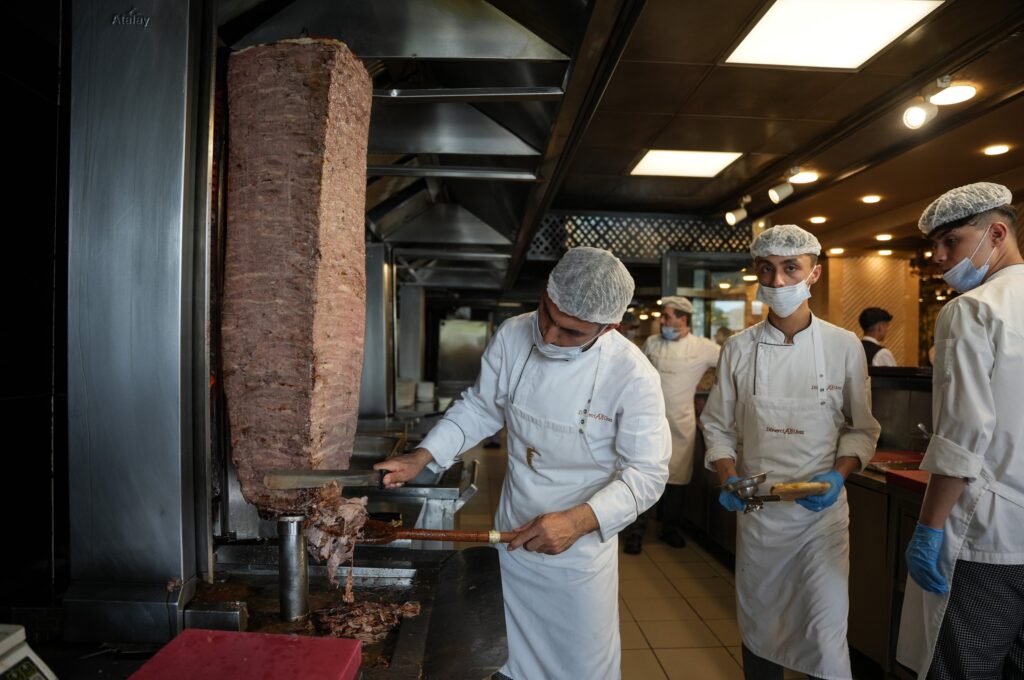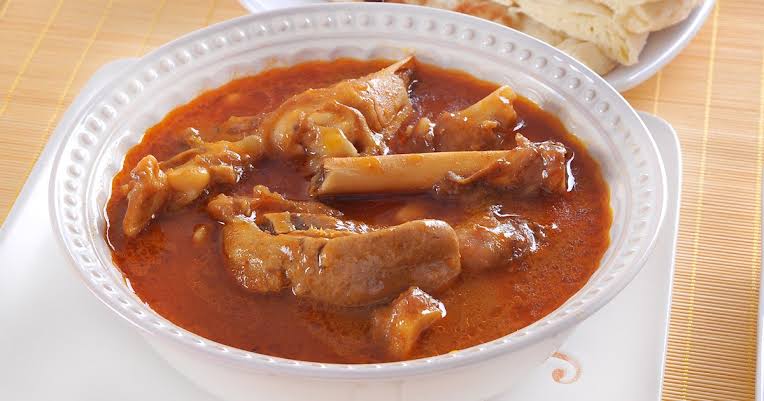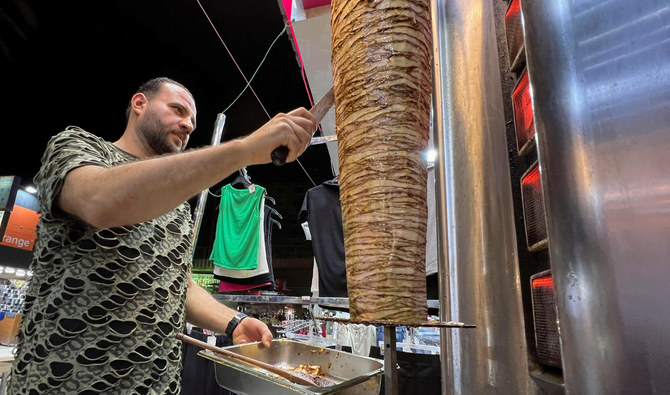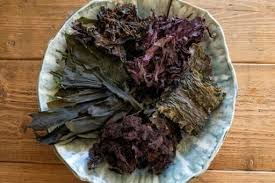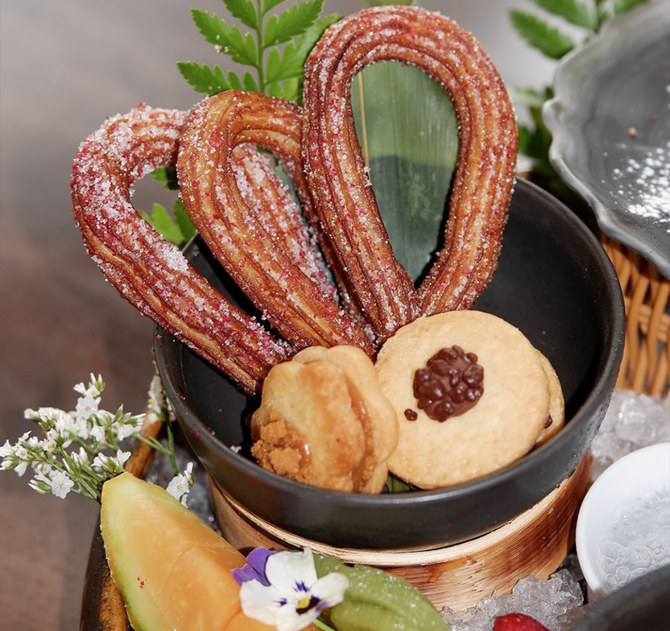Monitoring Desk
Thanks to our ever-changing and increasingly interconnected world, the English language is in constant flux. But not all slang and jargon is created equal, and every year, the gatekeepers at Merriam-Webster let fewer than 1,000 words into their eponymous dictionary.
Today, the publisher announced that 455 new words and phrases had made the cut for 2021, and though things like the pandemic and social media continue to be big drivers of changes to the way we speak (say hello to “vaccine passport” and “amirite”), a slew of food words have also gotten the nod.
Specifically, a spokesperson for Merriam-Webster highlighted the following ten words and phrases as the most obvious foodie terms that have either been added as new words or teased out from existing definitions:
- fluffernutter: a sandwich made with peanut butter and marshmallow crème between two slices of white sandwich bread
- horchata: a cold sweetened beverage made from ground rice or almonds and usually flavorings such as cinnamon or vanilla
- chicharron: a small piece of pork belly or pig skin that is fried and eaten usually as a snack
- Goetta: meat (such as pork) mixed with oats, onions, and spices and fried in the form of a patty
- air fryer: an airtight, usually small electrical appliance for quick cooking of foods by means of convection currents circulated rapidly by a fan
- ghost kitchen: a commercial cooking facility used for the preparation of food consumed off the premises
- curbside pickup/curbside delivery: service in which purchased items are brought to customers who wait in their automobiles in a designated area near the establishment
- wiener roast: a gathering at which wieners are cooked over a fire or grill and eaten
- dine-in: of, relating to, or selling food or beverages consumed on the premises
“We are all encountering changes in work, public policy, and healthcare, as well as how we communicate online,” Peter Sokolowski, Merriam-Webster’s editor at large, said in the announcement. “It’s not surprising that these changes are reflected in the dictionary.”
Finally, for anyone seeking tangential food connections from the new words list, “copypasta” also took the jump from internet slang to dictionary. Granted, the definition has nothing to do with actual pasta — or even food — but at least now Merriam-Webster will explain to you that it’s not some weird duplicated form of fusilli.
Courtesy: foodandwine



